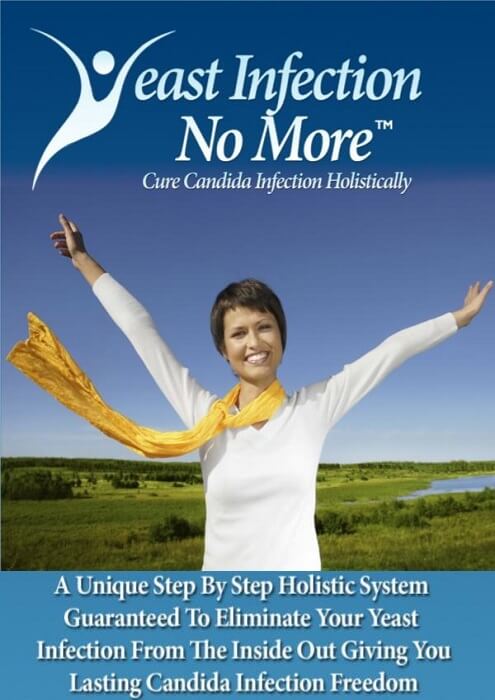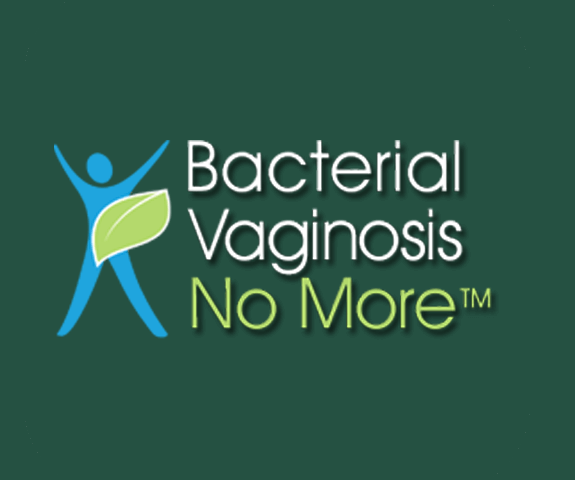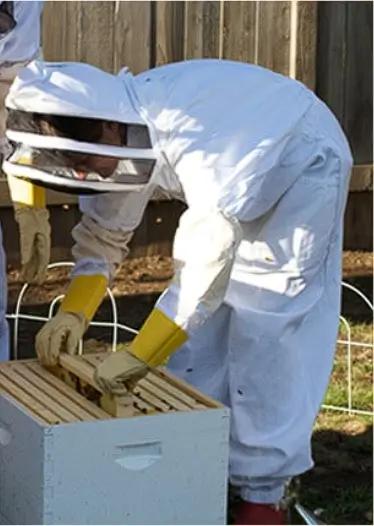See all "Candida Pills" Section Topics

Probiotics are something every person who is having, or has had a yeast infection, should know about. As you may know, probiotics are simply helpful bacteria that live commensally within the body. These bacteria are responsible for keeping you safe from pathogenic microbiota that can "sneak in" via contaminated food you eat. With enough friendly bacteria to metabolize food, secrete protective chemicals, and occupy space on the lining of the intestines or vagina, it is difficult for a malicious organism to gain a foothold. Consequently, probiotics play an essential role in stymying, or stopping, potential infection by pathogens that would otherwise occur.
Yeast infections are caused by the fungus known as Candida; most being a result of the species Candida albicans. They are present in nearly all humans and live commensally without causing any problems for most people. However, this organism is an opportunistic pathogen; meaning, when presented with an opportunity, this fungus will attack.
Perhaps the most common opportunity that gives Candida a way to cause infection, is via antibiotics. As you may know, an antibiotic will kill bacteria; both good and bad bacteria. So although this is necessary sometimes, when we face a serious threat from pathogenic bacteria, it is prudent to once again establish a healthy amount of friendly bacteria—once our antibiotic regimen has ceased. Additionally, natural antibiotics may not hurt many probiotic bacteria—such as Lactobacillus. This is possibly another key reason why you should utilize natural, antibacterial herbs in stead of synthetic drugs. These herbs are powerful, and taking too much of them can cause harm; so do not consider them unable to render a bacteria, or yeast killing effect.
Probiotics also play an important role in vaginal health as well. In the same way they protect the digestive system, these bacteria also fortify the vagina from attacks of Candida overgrowth. We will explain how this works a bit later.
A 1/2 Day & Yeast is Gone!
Linda Allen suffered from yeast infections for years. Through researching natural medicine & Candida, she found an efficacious solution!
Linda is one expert you want on your side! Let her show you how to get rid of a superficial yeast infection in just 12 hours; AND, keep it gone!
A 60-day, 100% money back guarantee is provided.
Visit Official Site!A Quality Probiotic Yeast Infection Pill

Perhaps the easiest way to bolster the number of friendly bacteria in your body, is to take a probiotic pill supplement. These supplements are often the best way to introduce friendly bacteria into your stomach; because a sizeable percentage of probiotics you get from you diet will die in the stomach (due to the hydrochloric acid secreted by the stomach). Thus quality probiotic pills will usually protect the bacteria inside them; and, release them once they have safely reached the small intestine.
Another issue the best probiotic pill will address is the side effect caused by taking these bacteria: bad breath (halitosis). If you have taken probiotic pills before, you may recall having unpleasant breath while you were taking the product. Fortunately, there are supplements on the market that will not give you bad breath.
Eliminate Bacterial Vaginosis & Vaginal Odor
Jennifer O’Brien is one prominent expert on BV that knows how to get rid of vaginal odor. BV is a common infection that you don’t have to put up with.
Jennifer will show you how to naturally eliminate vaginal odor in just 3 days.
A 60-day, 100% money back guarantee is provided.
Visit Official Site!Pills Packed with Lactobacillus
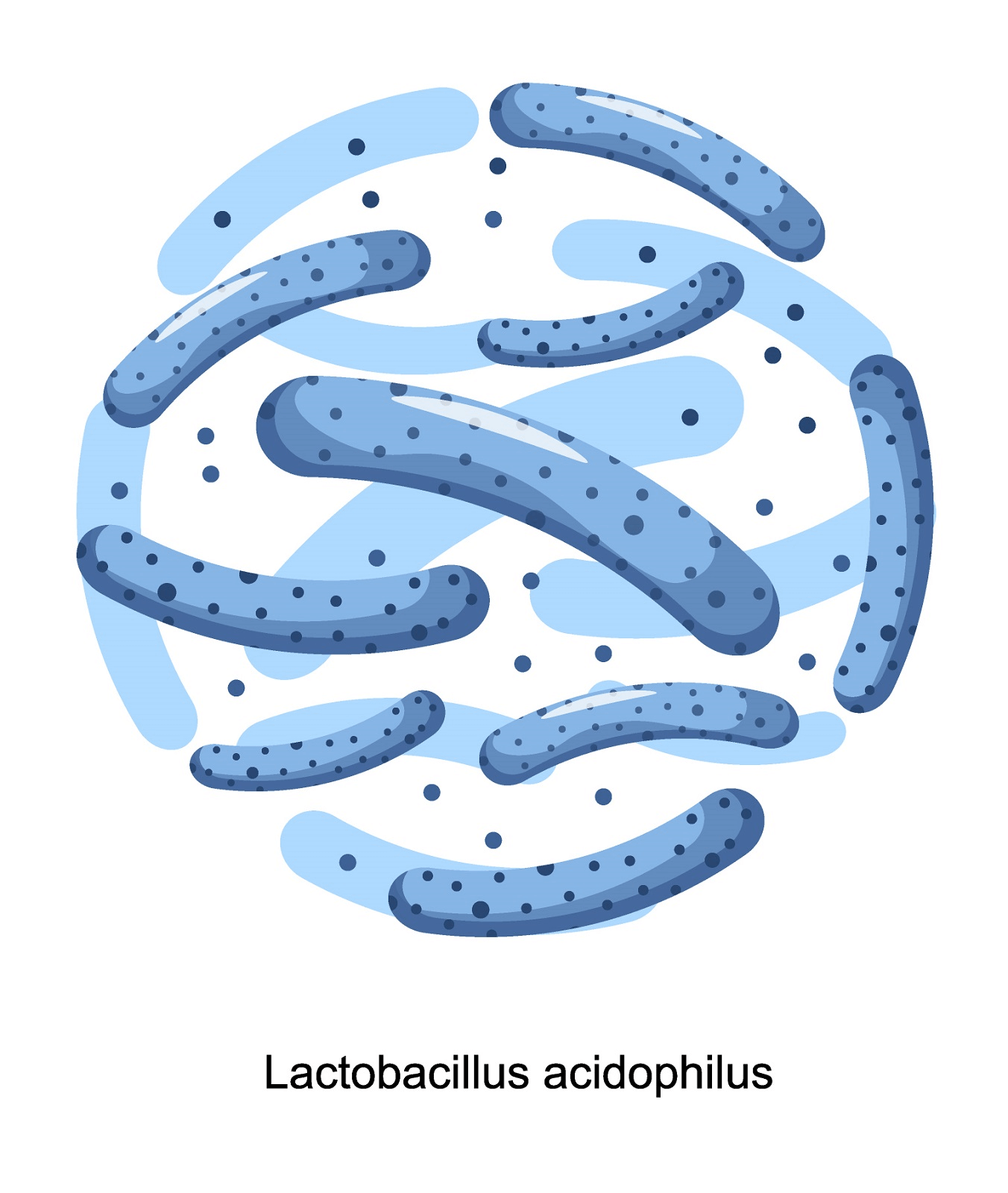
If you have had a few experiences with yeast infections, you should know about Lactobacillus bacteria. Latin for "milk bacteria," Lactobacillus is the reason your milk tastes sour after a while. The species in the Lactobacillus genus are typified by their ability to metabolize sugar and output lactic acid. This is doubly helpful when using it to treat yeast overgrowth in the gut or vagina. Candida also loves to eat sugar; and, when there is enough Lactobacillus around, they will eat up excess sugar and essentially starve Candida. Additionally, Candida does not grow well in an acidic environment. The lactic acid, produced by Lactobacillus species, helps to acidify the environment they are in; and, thus discourage yeast from multiplying.
Because of this, your probiotic yeast infection pill should contain a few different species of Lactobacillus that can successfully colonize the gut and vagina. If you're interested in keeping yeast at bay, then this is essential. Additionally, many commercial fermented foods such as yogurt—or other foods such as milk—are pasteurized. Pasteurization kills nearly all of the bacteria in these products; so they will provide zero probiotics.
Clair Goodall: Author & Nature Lover
Clair Goodall is a bee-obsessed natural medicine convert from Minnesota. She is one expert you might want to know more about!
Clair will help you protect you and your family from toxic products and chemicals and help you discover solutions from nature.
Also, Clair’s book is backed by a 60-day, 100% money back guarantee
Visit Official Site!Supporting Research
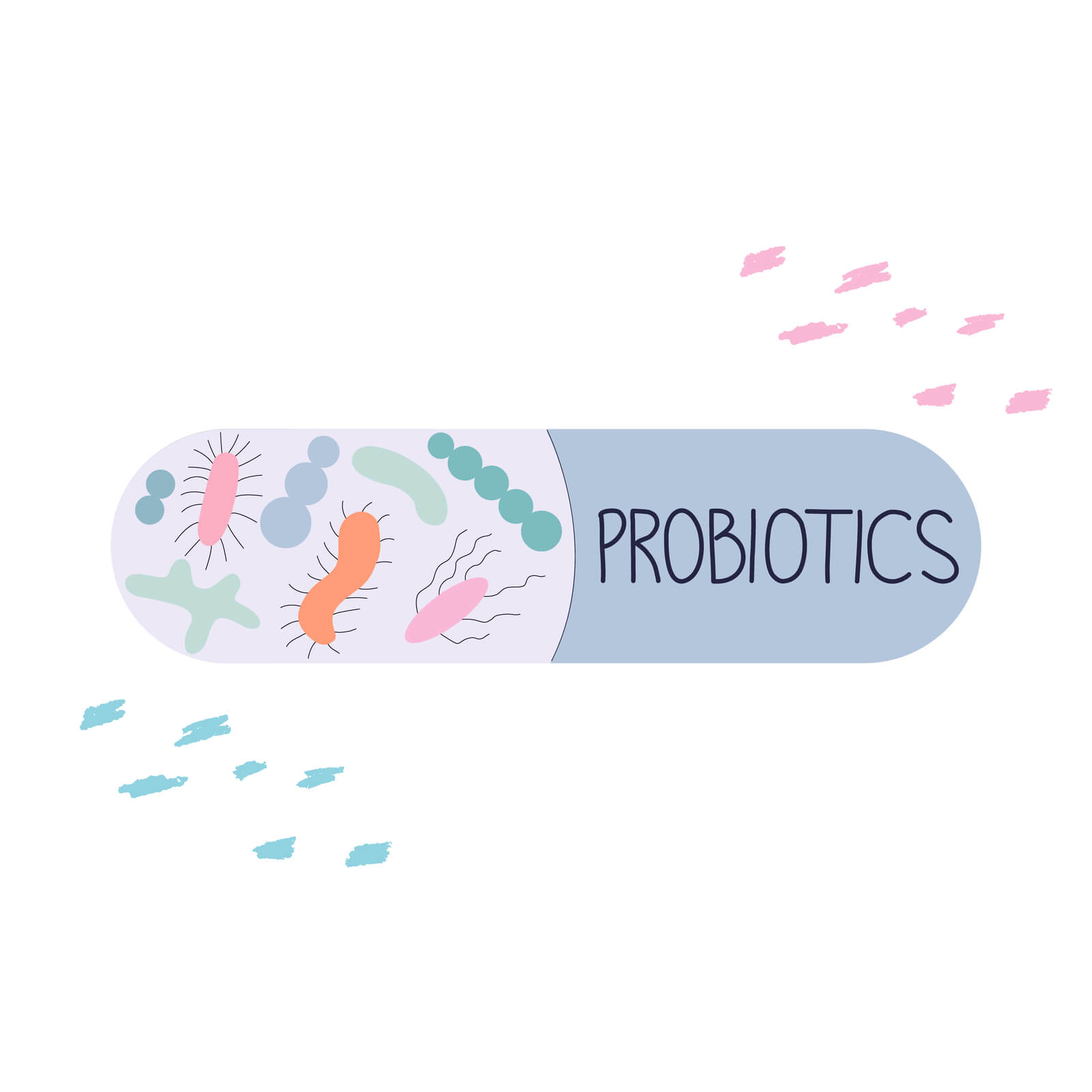
There has been quite a lot of study done on probiotics; and, many of the Lactobacillus genus have even had their genomes sequenced. So, let’s look at what research has to say about some probiotics, and get solid proof they can help you address your problem with Candida.
One bacteria that is normally not present in yogurt is L. acidophilus. One study used yogurt, that was rich in this probiotic bacteria, to see if eating it daily would help reduce yeast infections. The study was conducted for a full year, and there was a control group who ate no acidophilus yogurt. Women who ate yogurt did so for six months of the study’s duration. The results were quite positive; researchers found a threefold reduction in yeast infection occurrence in those women who took acidophilus yogurt daily. The full study was published in Annals of Internal Medicine [1992; 116(5):353-357].
Another study examined another probiotic: L. rhamnosus. The study was conducted on 64 healthy women for 90 days, and included a control group to gauge results by. This research was published in FEMS Immunology and Medical Microbiology [35 (2003) p.131-134].
These 64 women, who took daily doses of Lactobacilli, were found to have significantly more probiotics in their vaginas after taking oral supplements containing these bacteria. When tested, after about a month into the study, researchers found a significant decrease of Candida in the women as well. The researchers concluded that taking these bacteria daily is safe; and, can help to stop yeast infections. A quote from the study states the following:
Culture findings confirmed a significant increase in vaginal lactobacilli at day 28 and 60, a significant depletion in yeast at day 28 and a significant reduction in coliforms at day 28, 60 and 90 for lactobacilli-treated subjects versus controls. The combination of probiotic L. rhamnosus GR-1 and L. fermentum RC-14 is not only safe for daily use in healthy women, but it can reduce colonization of the vagina by potential pathogenic bacteria and yeast.
http://dx.doi.org/10.1016/S0928-8244(02)00465-0
Two caveats, the study made no mention, that I could see, of women inserting the Lactobacilli directly into their vagina. Consequently, you will have better results if you take a probiotic orally and also insert it into your vagina. This should speed up the rate at which the vagina is colonized, and help to stave off yeast infections. Also, killing off yeast pathogens via natural remedies in the vagina and digestive tract before inoculating it with probiotics, should also provide more room and resources for these bacteria to utilize and grow. Thus, killing off yeast first would probably increase the effectiveness of probiotic supplementation even more.
Bifidobacterium and Candidiasis
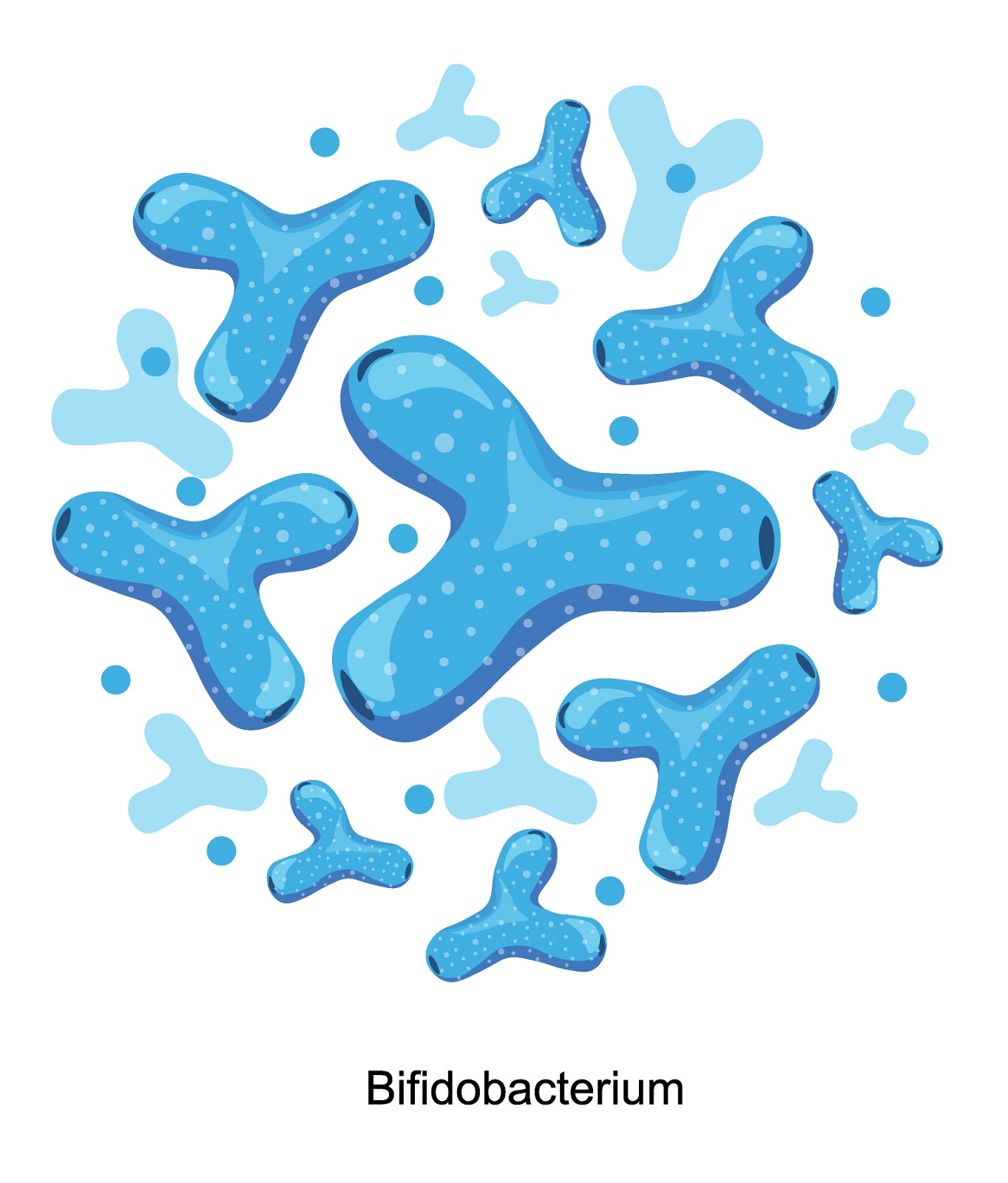
Let’s examine another study, this one dealing with Bifidobacterium; including one of the probiotic strain Bifidobacterium lactis. The study did use another Bifidobacterium: Bifidobacterium infantis. Thus, it is relevant and probably comparable to how other strains of Bifidobacterium will affect the body.
The research was published in Revista Iberoamericana de Micología [1998; 15: 265-270]; the official journal of the Spanish, Venezuelan, and Argentinean Mycology Associations. The study was conducted on mice, and utilized Bifidobacterium to see if they would help deter Candidiasis.
The study found that Bifidobacterium lactis was superior to B. infantis at stopping yeast from colonizing the digestive tract and protecting mice from lethal Candidiasis. However, both species were of benefit to the mice; the study concluded that Bifidobacterium species could indeed help allay yeast infections. The researchers stated, that different species of Bifidobacterium will have different therapeutic effects. The researchers came to the final conclusion as follows:
Overall, our results show that different isolates of bifidobacteria can provide important protective effects against candidiasis in immunodeficient mice.
http://www.ncbi.nlm.nih.gov/pubmed/18473515
More Information
If you would like further information about a commonly researched probiotic, you can check out this section of Candida Hub: acidophilus and yeast infection. Feel free to continue reading and learn more about yeast infection pills. If you would like access to more studies regarding these beneficial bacteria, simply find a probiotic strain listed on the label of a probiotic supplement, and plug it into http://scholar.google.com. It is probably best to include a keyword like “Candida” along with the name of the bacteria. You should be able to find a wide array of information and research regarding the strain that interests you!
If you want an overview of two great yeast infection fighting pills you can check out this article: yeast infection pills.
Author: Mr. Nicholas Gross

Nick Gross is a natural medicine enthusiast who has been researching and writing about natural medicine since 2008. Nick is primarily a web developer but also researches and authors written and video content about natural health. Nick has a bachelor’s degree in Management Information Systems from the University of Northern Iowa.
Disclaimer
The information on this website is not a prescription for anyone. This information is for informational or educational purposes only, and is not a substitute for professional medical advice or consultations with healthcare professionals.
Affiliate Disclosure
Some of the links provided on this website are affiliate links. When a purchase is made through these links, Candida Hub earns money from commission. This helps to keep the website up and helpful to people for free. Thank you for any support!
Stay Up to Date
If you enjoyed this article, consider following / liking our Facebook page. This page is primarily utilized to alert followers of new articles that are put on Candida Hub. Candida related news is also discussed. While you are there, you can see what has been more recently added to Candida Hub.
SOURCES:
- http://dx.doi.org/10.3390/ijerph110504745 — Microorganisms with Claimed Probiotic Properties: An Overview of Recent Literature. International Journal of Environmental Research and Public Health (2014, 11(5), 4745-4767) [The genomes of several Lactobacillus species have been sequenced]
- http://dx.doi.org/10.7326/0003-4819-116-5-353 — Ingestion of Yogurt Containing L. acidophilus as Prophylaxis for Candidal Vaginitis. Annals of Internal Medicine [1992; 116(5):353-357]
- http://dx.doi.org/10.1016/S0928-8244(02)00465-0 — Oral use of Lactobacillus rhamnosus GR-1 and L. fermentum RC-14 significantly alters vaginal flora: randomized, placebo-controlled trial in 64 healthy women. FEMS Immunology and Medical Microbiology [35 (2003) p.131-134].
- http://www.ncbi.nlm.nih.gov/pubmed/18473515 — Biotherapeutic effects of Bifidobacterium spp. on orogastric and systemic candidiasis in immunodeficient mice. Revista Iberoamericana de Micología (1998; 15: 265-270). PDF available here

